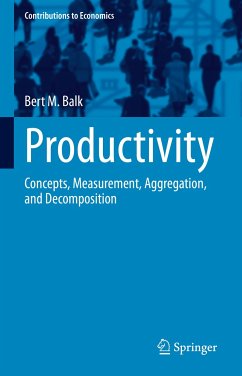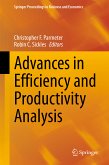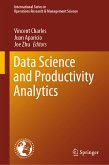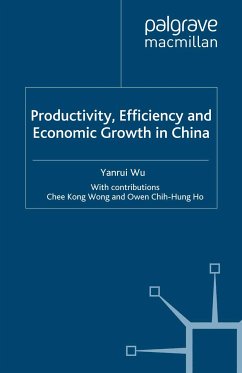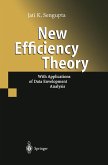This book develops the theory of productivity measurement using the empirical index number approach. The theory uses multiplicative indices and additive indicators as measurement tools, instead of relying on the usual neo-classical assumptions, such as the existence of a production function characterized by constant returns to scale, optimizing behavior of the economic agents, and perfect foresight. The theory can be applied to all the common levels of aggregation (micro, meso, and macro), and half of the book is devoted to accounting for the links existing between the various levels. Basic insights from National Accounts are thereby used. The final chapter is devoted to the decomposition of productivity change into the contributions of efficiency change, technological change, scale effects, and input or output mix effects. Applications on real-life data demonstrate the empirical feasibility of the theory.
The book is directed to a variety of overlapping audiences: statisticians involved in measuring productivity change; economists interested in growth accounting; researchers relating macro-economic productivity change to its industrial sources; enterprise micro-data researchers; and business analysts interested in performance measurement.
The book is directed to a variety of overlapping audiences: statisticians involved in measuring productivity change; economists interested in growth accounting; researchers relating macro-economic productivity change to its industrial sources; enterprise micro-data researchers; and business analysts interested in performance measurement.
Dieser Download kann aus rechtlichen Gründen nur mit Rechnungsadresse in A, B, BG, CY, CZ, D, DK, EW, E, FIN, F, GR, HR, H, IRL, I, LT, L, LR, M, NL, PL, P, R, S, SLO, SK ausgeliefert werden.
"The new monograph is theoretically and methodologically rigorous, and promising for practice. It dexterously attempts to bridge the gap between theory and practice as it guides the textbook-oriented theorists through a toolbox full of instruments ... and the practice-oriented policy developers to understand the nuances of productivity change on the other." (Gerhard-Wilhelm Weber and Jinal Parikh, zbMATH 1491.91002, 2022)

